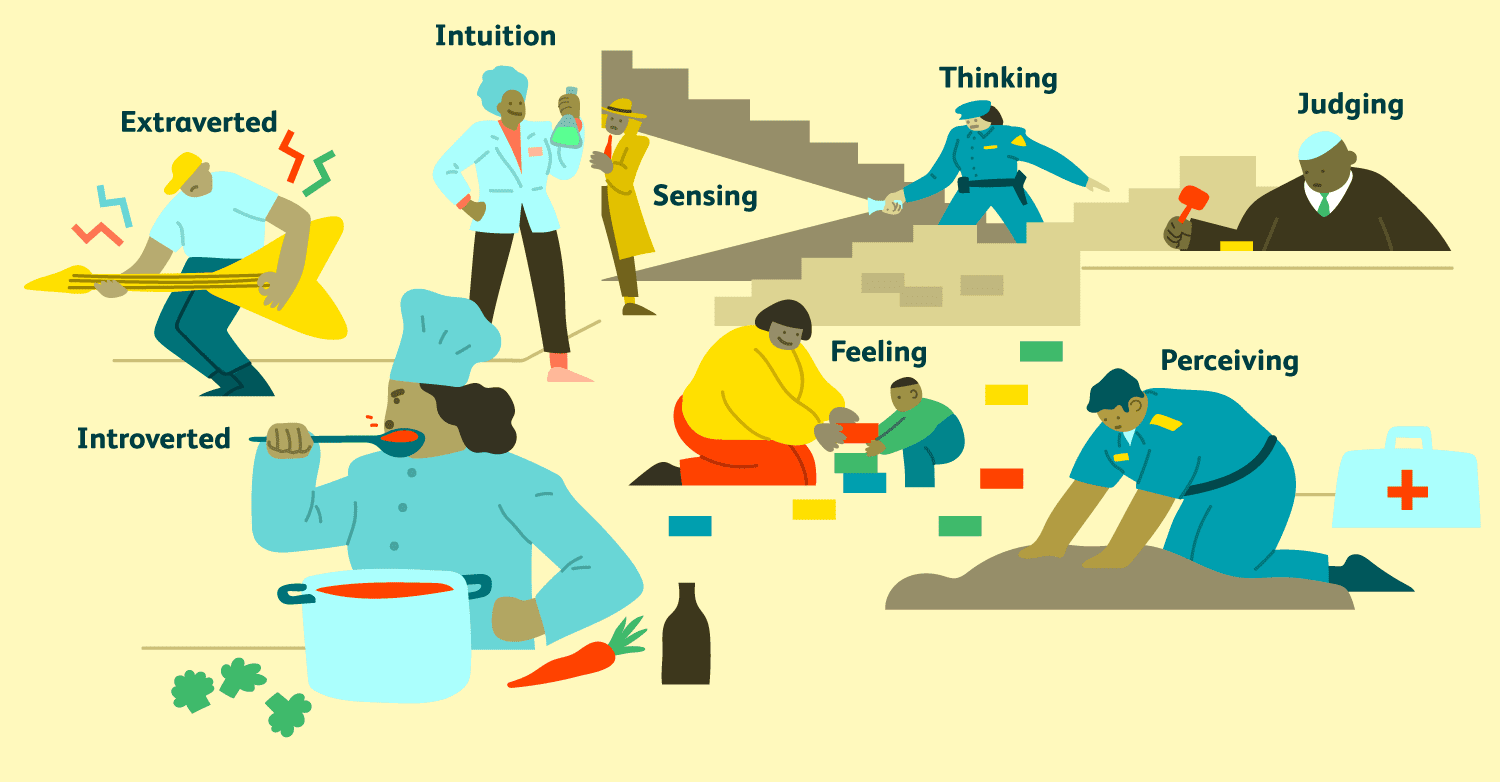
FAQ About Myers-Briggs Personality Type Test

Can my Myers-Briggs type affect my relationships with others?
Yes, your Myers-Briggs Type Indicator (MBTI) type can have an impact on your relationships with others. The MBTI is designed to identify and describe your personality preferences across various dimensions, which can influence how you perceive and interact with the world, including your interactions with other people.
Here are a few ways in which your MBTI type can potentially affect your relationships:
- Communication Style: Your MBTI type can influence how you prefer to communicate and receive information. For example, extraverts may be more inclined to express themselves verbally and engage in external discussions, while introverts may prefer more introspective and thoughtful communication. Understanding these differences can help improve communication and avoid misunderstandings.
- Conflict Resolution: Different MBTI types may have varying approaches to resolving conflicts. Some types may prefer direct and assertive communication, while others may prioritize harmony and seek compromise. Being aware of these differences can help navigate conflicts and find mutually agreeable solutions.
- Understanding Needs and Preferences: Knowing your own and others' MBTI types can provide insights into individual needs and preferences. It can help you understand how others prefer to receive support, process information, make decisions, and structure their lives. This understanding can foster empathy and better meet the needs of those around you.
- Compatibility and Appreciation: Recognizing the strengths and potential challenges associated with different MBTI types can aid in understanding and appreciating the unique contributions that each type brings to a relationship. It can encourage a more positive and accepting attitude towards differences, fostering a sense of compatibility and mutual respect.
